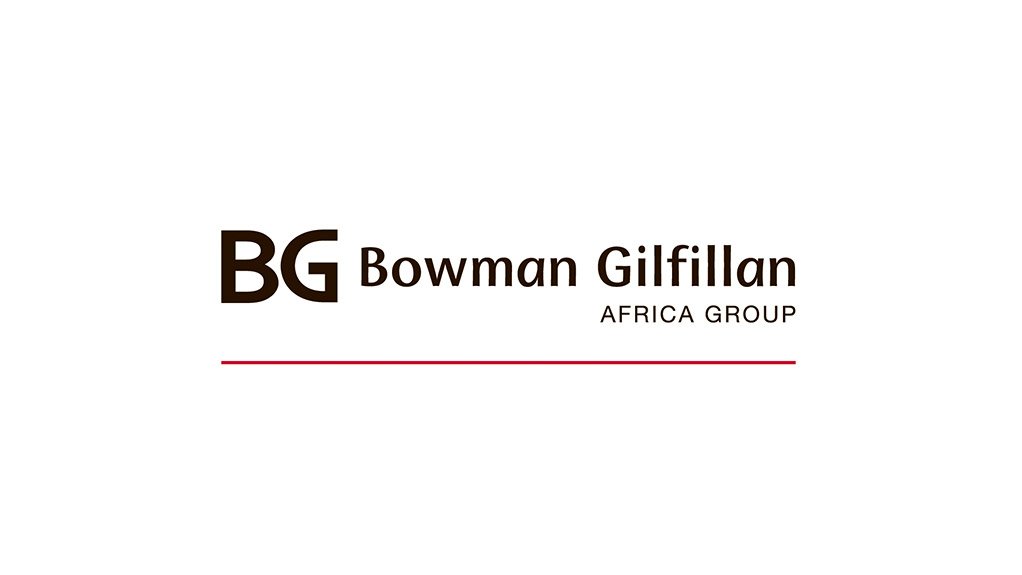The use of social media platforms increases the threat to privacy quite simply because of the medium being used for communication. While it does not mean that the right to privacy becomes less important, it may well become less “protectable”.
There was a trend some years ago in the United States which saw companies demanding that their employees and applicants for employment grant them access to their Facebook pages and passwords. Understandably, there was a public outcry, which resulted in the legislature stepping in to prevent such demands. Currently, many States such as New York, California and Illinois, have or are implementing laws to ban this practice.
A judgment which highlights the focus of the United States’ courts on the right to privacy was that of Deborah Ehling v Monmouth-Ocean Hospital. The district court stated that “privacy in social networking is an emerging, but underdeveloped, area of law” which has led to courts adopting “the concept of ‘limited privacy’, which is the ‘idea that when an individual reveals private information about herself to one or more persons, she may retain a reasonable expectation that the recipients of the information will not disseminate it further.”
What the court had to say, in this regard, is that “most courts hold that a communication is not necessarily public just because it is accessible to a number of people”. The United States’ courts have differed dramatically on the extent of this theory. Whether or not a reasonable expectation of privacy exists will need to be determined on a case by case basis taking into consideration all relevant facts.
The position in South Africa is still uncertain. There is no law that regulates whether or not an employer can demand passwords and access to Facebook pages. Due to South Africa’s privacy rights, which include the right not to have your property searched or your private communications intercepted, such practices may be found to be unlawful. Although it must be remembered that consent is a defense to a claim for breach of privacy.
Of relevance in determining whether or not the practice is lawful will be the employer’s reasons for the practice. In addition, section 6 of the Employment Equity Act (and indeed the Constitutional protections) prohibit discrimination. This is relevant because if you have access to a person’s Facebook profile you may well have access to information to which you are not entitled, for example that person’s HIV status, age or sexual orientation. Any subsequent decision not to employ the applicant, may result in a claim of discrimination which may be hard to refute.
Bowman Gilfillan Africa Group’s social media and employment law team is holding a seminar aimed at business leaders on the implications, risks, legislation and strategies around social media use for business. More information can be obtained here.
Written by Rosalind Davey, partner in Bowman Gilfillan Africa Group's Employment & Benefits Practice
EMAIL THIS ARTICLE SAVE THIS ARTICLE
To subscribe email subscriptions@creamermedia.co.za or click here
To advertise email advertising@creamermedia.co.za or click here











